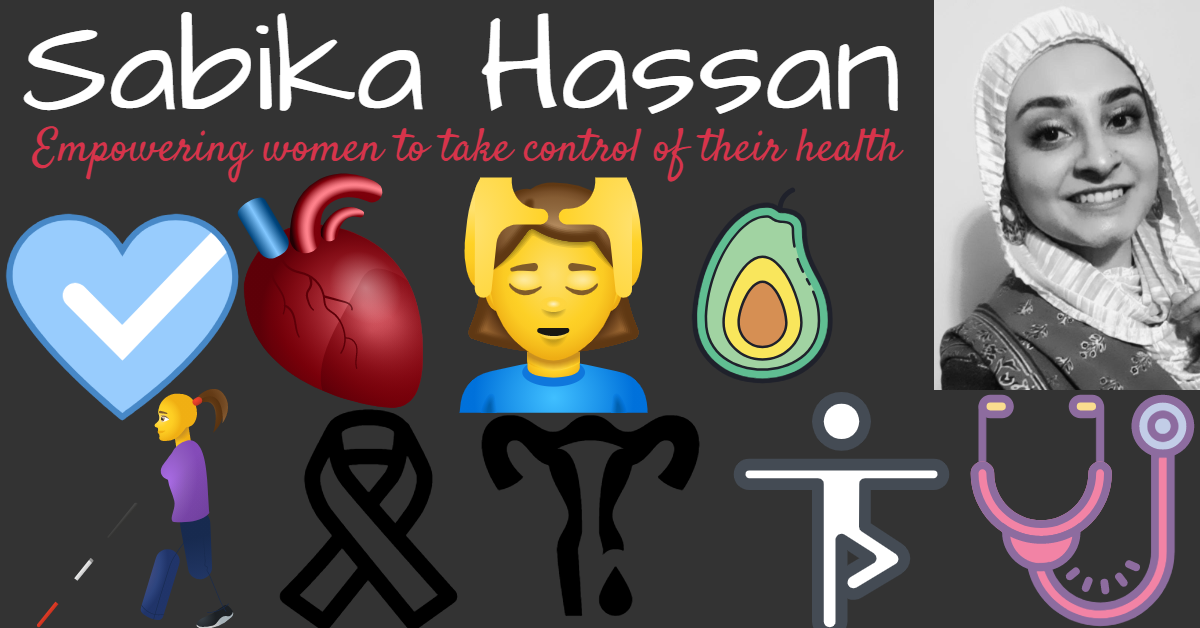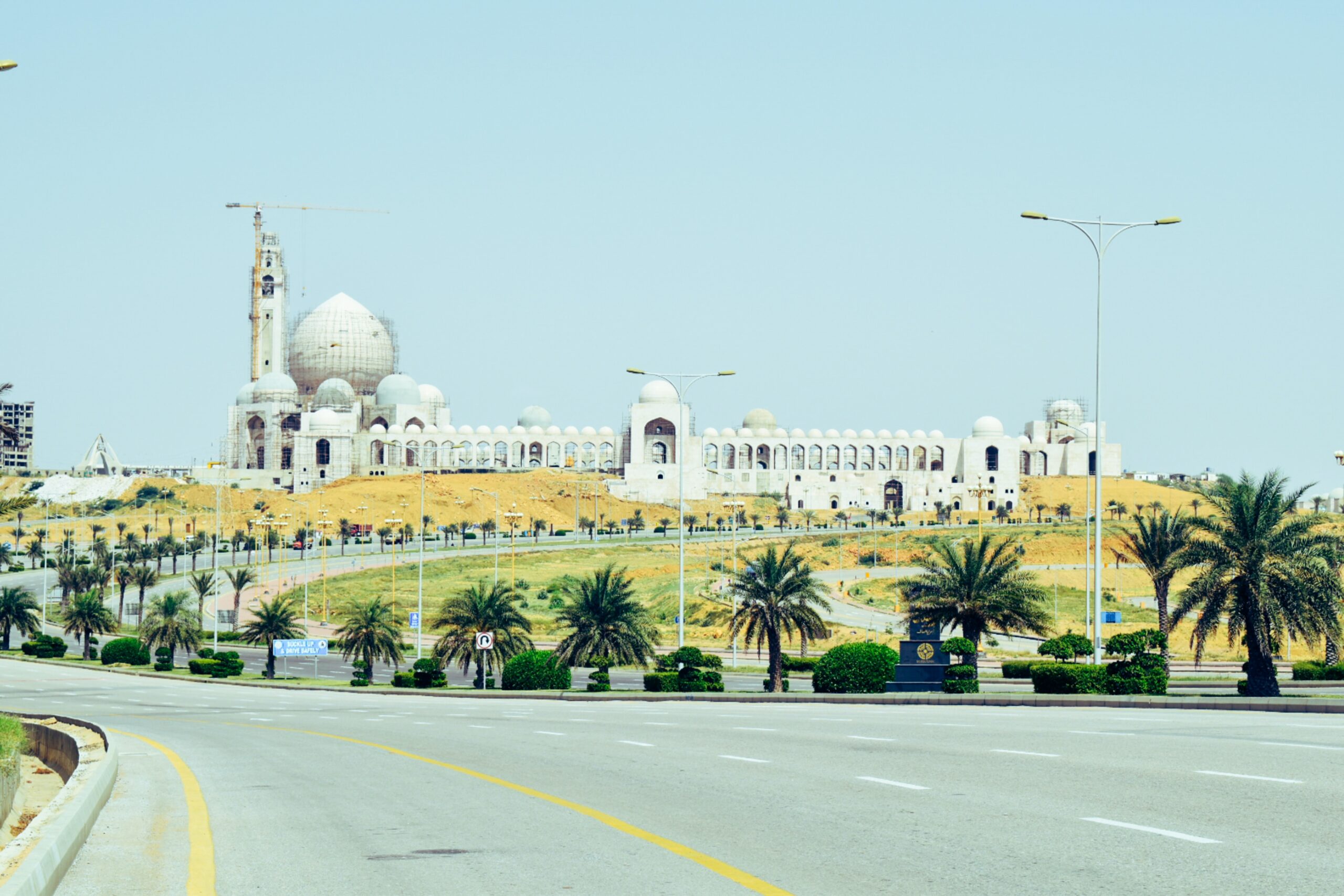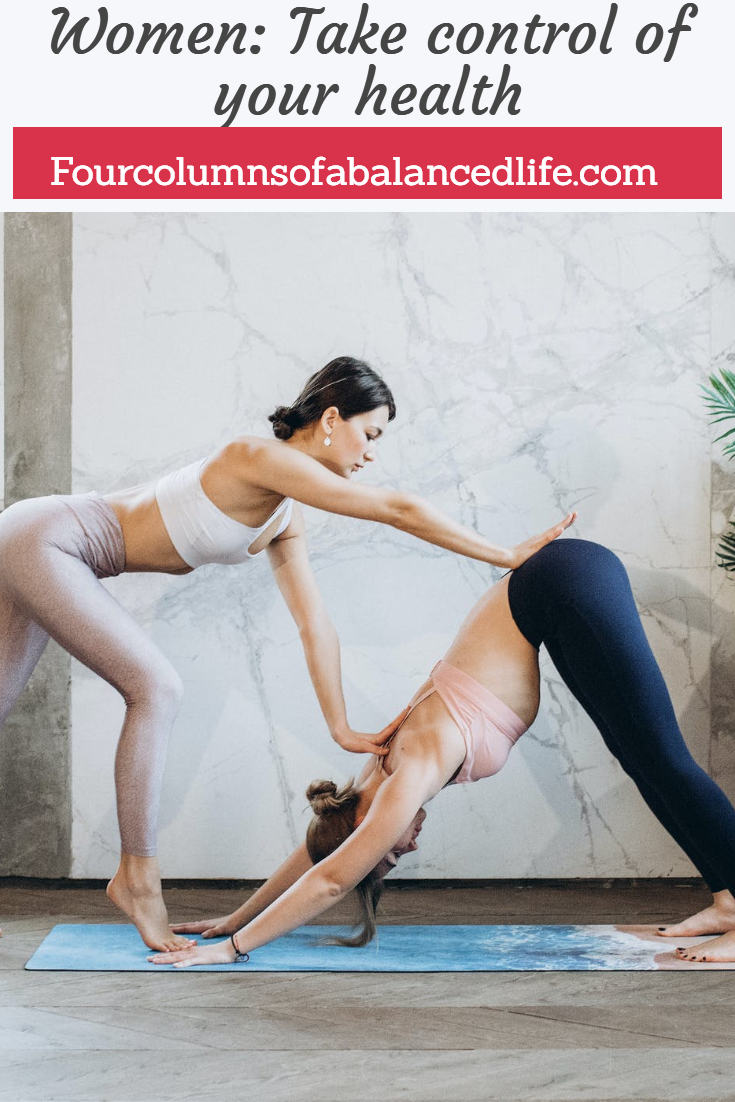Sabika Hassan: Focusing on Women’s Health

Sabika Hassan runs womenhealthhub and Sabika.whh which focuses on women’s health. I like her approach as it is real, vulnerable, direct, and open. She is also the first Muslim that I am interviewing at Four Columns. She covers a variety of topics regarding women’s health and I strongly recommend you read her blog.
I was born in a Canadian missionary hospital surrounded by Irish, English, and German missionaries. At St. Joseph’s Convent, my classmates were Hindu, Muslim, Protestants, Jains, and Buddhists.
At the age of 13, I headed off to St. Andrews and had to live with students from all over the world and it really expanded my horizons.
At Bishop Cotton School, I was one of three Catholic boys in a Protestant boarding school. Some of my closest friends are still from this school.
At university in Switzerland, I will never forget my closest friends then and till today were Yal (Jewish), Honny (Hindu), Kabir (Muslim), and Ton-Joost (Protestant).
I live in Toronto which is one of the most multicultural societies in the world. As I take my wife and daughter to see the Hindu temples or to experience Langar at the Sikh Gurdwara, it has opened up my eyes to the beauty of different faiths.
C.S. Lewis the famous British author challenges us to step inside and look along with people of different faiths rather from the outside. To understand we need to have a dialogue and find commonality. No use poking holes at others but understand their point of view. Learn their stories as stories are the crux of life.
The key to this kind of understanding is dialogue.
As I sat on the floor of the Gurdwara with Gurpreet Bhogal, he reminded me we are all equal and that hospitality is important to the Sikh faith. As I shared a Shabbat meal with Annette Ronski, I learned the meaning of salt and bitter herbs.
As you head out this week, try to get to know someone of a different faith or just visit a church, mosque, temple, or gurdwara. You will be amazed as to how much in common we have with one another. If you are a female and reading this please take care of your health. Women’s health is important to society. Many cultures do not place an emphasis on women’s health. The result is that women’s health suffers, having a negative impact on society.
Sabika, you have a unique name. What does it mean?
Sabika is an Arabic word meaning pure gold or silver. You may come across this word used in the context of jewelry but spiritually, the meaning is purity, virtuousness, and devotion to God.
I want to know your motivation behind starting Women Health Hub?
Starting a health website has been my goal for the past several years. In 2019, I quit a full-time job as a remote Editor in Chief at a US-based company & decided to pursue this dream.
But why did I choose health, and particularly, women’s health?
I’ve seen women around me not prioritizing their wellbeing. And they’ve suffered because of it. A moment’s hesitation in getting proper treatment at the right time can wreak havoc on families. Children lose their mothers, siblings lose their sisters, parents lose their daughters, and husbands lose their wives. It’s heartbreaking. Additionally, I’ve seen women getting crushed under the financial costs that pile up if they start late treatments.
There’s a severe lack of awareness regarding women’s health issues, especially in underdeveloped countries. Most women have no idea how to differentiate between something normal and abnormal. This leads to serious complications such as in the case of pregnancy.
Lastly, there’s a major communication gap between doctors and female patients. Health professionals rarely have the time to explain how to live a life with certain diseases, what things to beware of, or how to handle emotional turmoil that comes with a chronic or acute illness. For this reason, women have to turn to counselors which can be costly. Their next option is support groups, but it helps to a certain extent. Many patients also don’t communicate properly about their condition, for example, the medications they’re taking.
In short, with womenhealthhub.com, my aim is to bridge these communication gaps, educate & spread awareness about female diseases, and help women understand why they need to prioritize their wellbeing.
This has been my core motivation — to empower women to take control of their health!
Do you believe that women ignore their health or they just need to be more aware of it?
Both, according to my observation. Most women tend to put their own health on the back-burner because of family, work, and tons of responsibilities. Even if they notice anything wrong, the symptoms are often disregarded by saying, “It’s nothing!” or “I’ll be fine.”
But why do women ignore their health? I’d say the main reason is lack of awareness. Dismissing a simple symptom as “nothing” could be one of the biggest mistakes you make. Maybe it’s a sign of hormone imbalance, maybe a sign of cancer. Unless you learn the difference between normal and abnormal, you’ll never truly understand when to visit a doctor or take serious action for your health.
In short, awareness about women’s diseases helps you become more vigilant & be in control of your wellbeing before it controls you.
Do you also write from experience or do a lot of research into healthcare?
Writing from personal experiences helps others relate to your story. This way they don’t feel alone in the struggle & feel understood. But for hard-facts, staying updated on health advancements is integral. Continuous research on health studies is essential if you want to deliver authentic facts to your community. Even if you write from experience, you do need solid and reliable resources to back up your claims. Because nowadays, you have to support important facts with substantial evidence. Otherwise, it breeds uncertainty.
Define what women empowerment means to you?
There’s a lot of controversy around this topic. But for me, it’s pretty simple.
Women empowerment is embracing strong capable women and not being afraid or threatened by them. An educated, mentally strong, and physically healthy woman can do wonders for her family, society, and country. On the other hand, a woman who’s forced to live a life designed and controlled by others feels suffocated, which breeds an unhealthy society & family.
Both genders should work together to create a comfortable & safe environment for women at your home, neighborhood, social gatherings, and a workplace where you can encourage female education, help them find their voice, and become more confident.
Walk me through your faith, the culture, festivals, and everything about it?
I’m a Muslim by faith. Sadly, the true essence of Islam has been misunderstood & disfigured by hypocrites over the years. I would describe Islam as a religion of peace, minimalism, humanity, finding resilience & strength in God during dark times, being grateful for the small stuff, and always standing up for the rights of the oppressed.
On the other hand, Pakistani culture is a culmination of several traditions, both religious and non-religious. We’ve 4 provinces, and each of them has a uniquely vibrant culture with varying music, foods, and societal norms. We primarily speak Urdu (a combination of different languages) but you’ll also find people speaking English, Sindhi, Punjabi, Pashto, and others. The urban culture is significantly different from rural. At the core, Pakistanis are warm, welcoming people. We love to explore, celebrate, meet new people, and have healthy discussions over a cup of tea.
We celebrate numerous festivals throughout the year. The 4 most important religious events are:
Ramzan: We fast for 30 days regularly, from dawn to dusk. At dawn, we have breakfast or Sehri and at dusk, a special feast called Iftari. For Iftari, we prepare samosas, pakoras, dahi baray, dahi bhallay, fruit chaat, and dinner meals.
Eid ul Fitr: A colorful celebration following Ramzan where we eat sweet vermicelli and elders give gifts to youngsters.
Eid ul Azha: For 3 days we carry out animal sacrifices of goats, cows, camels, or sheep as a reminder of Prophet Ibrahim’s near-sacrifice of his son. The meat is then distributed among the needy, neighbors, and relatives.
Muharram: Organized by Shia-Muslims, a sorrowful commemoration & remembrance of Imam Hussein’s sacrifice along with his sons & friends, and how the ladies of their household were kept captives for months.
Talk to me about the city you live in, the food scene and why should we visit it?
I live in Karachi, Pakistan, which is the biggest metropolitan city in our country. People from all over the country come here to work or live. Over the decades, it has become overpopulated, haha. But for tourists, it’s a must-see city!

No matter your interests, you’ll find something enjoyable and worth your visit here. The most popular dish is Biryani — rice mixed in chicken/mutton/beef/veggie curry. You’d rarely come across anyone who isn’t an instant fan of Biryani!
Tourists also love Qorma, Nihari, & Karhai made of chicken, mutton, or beef. Haleem is yet another delicacy made of multiple ground grains & shredded meat. On Sundays, most families have Parathas or Halwa Puri with tea for breakfasts. Karachi is a coastal area and a hub of seafood delicacies. You can eat fried or baked fish, crabs, prawns, and shrimps.
Street foods are also popular here like Gol Gappas (round fried stuffed light dough balls eaten with tamarind chutney), Chana Chaat (spicy chickpeas), Burgers, Kulfis (ice-cream on sticks made of milk), fruit shakes, and spicy french fries.
Karachi is primarily known for its beaches. Turtle Beach, kemari, Sandspit, Hawksbay and restaurants alongside Seaview are worth visiting. Get a glimpse of old Karachi in the 60s & 70s in some parts of Saddar or Kharadar. You’ll find some eye-catching beauties depicting British & Hindu style architecture before our independence.
Most tourism spots in Karachi are centered on our rich history and culture. You should visit the museums & art galleries here with art, books, and cultural exhibitions. Attend our inspiring Urdu, English & literary events with poetry & traditional music or buy a ticket to the latest thought-provoking play in theaters. If you’re a fan of Sufism, then a ghazal night would be your cup of tea.
And of course, don’t forget to visit Karachi’s favorite food galas with 100s of stalls by restaurants & home-chefs, music and fun games for families & friends.
How are women different from your generation compared to your mom and grandmom?
Women nowadays have become more vocal about their rights, which is great. But I guess we also need to talk equally about women’s responsibilities toward society & family.
There was a time when women’s education wasn’t a priority. We should feel lucky that we’re in an era where women are encouraged to get a good education and be independent. But not everyone is that lucky, especially in my country.
I also like that a lot of women have now started being open about their health problems. This is a serious need of our time. We should normalize discussing female diseases to ensure timely detections & preventions.
Tell me a good joke?
Hey, I love jokes! I’ll share two:
One for health enthusiasts:
This was written on a board in front of a drug store: “To the dude who stole our antidepressants — hope you’re happy now!”
One for foodies:
“A cheese factory just exploded in France!”
“That’s awful!”
“Yeah. Da Brie is everywhere.”

Photo Credits: Jawad Alam

2 thoughts on “Sabika Hassan: Focusing on Women’s Health”